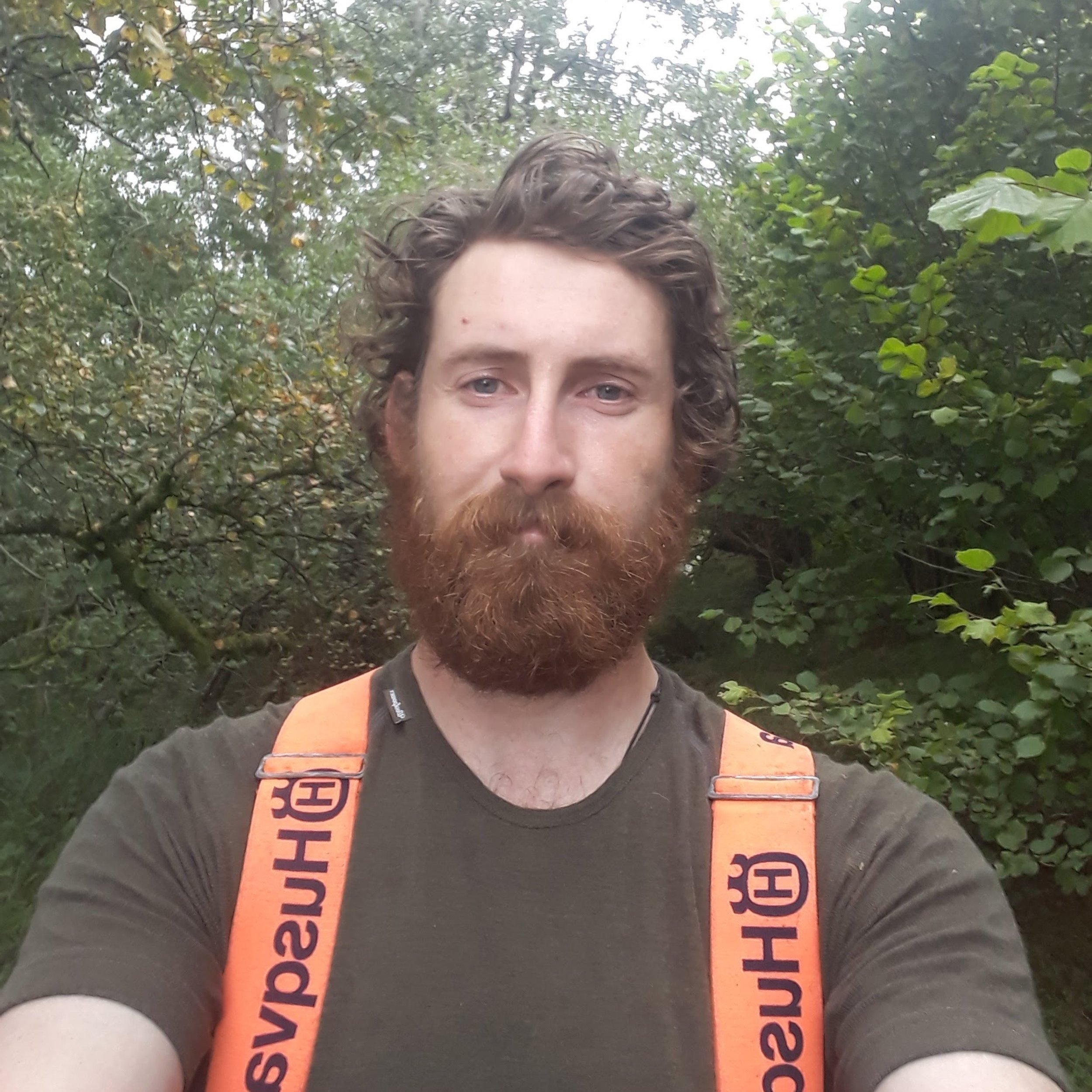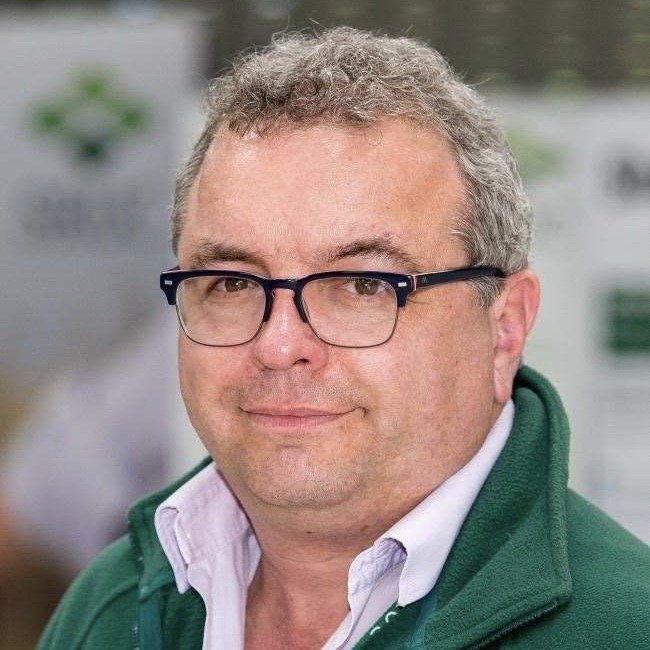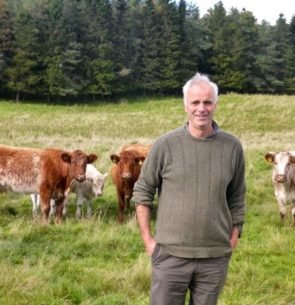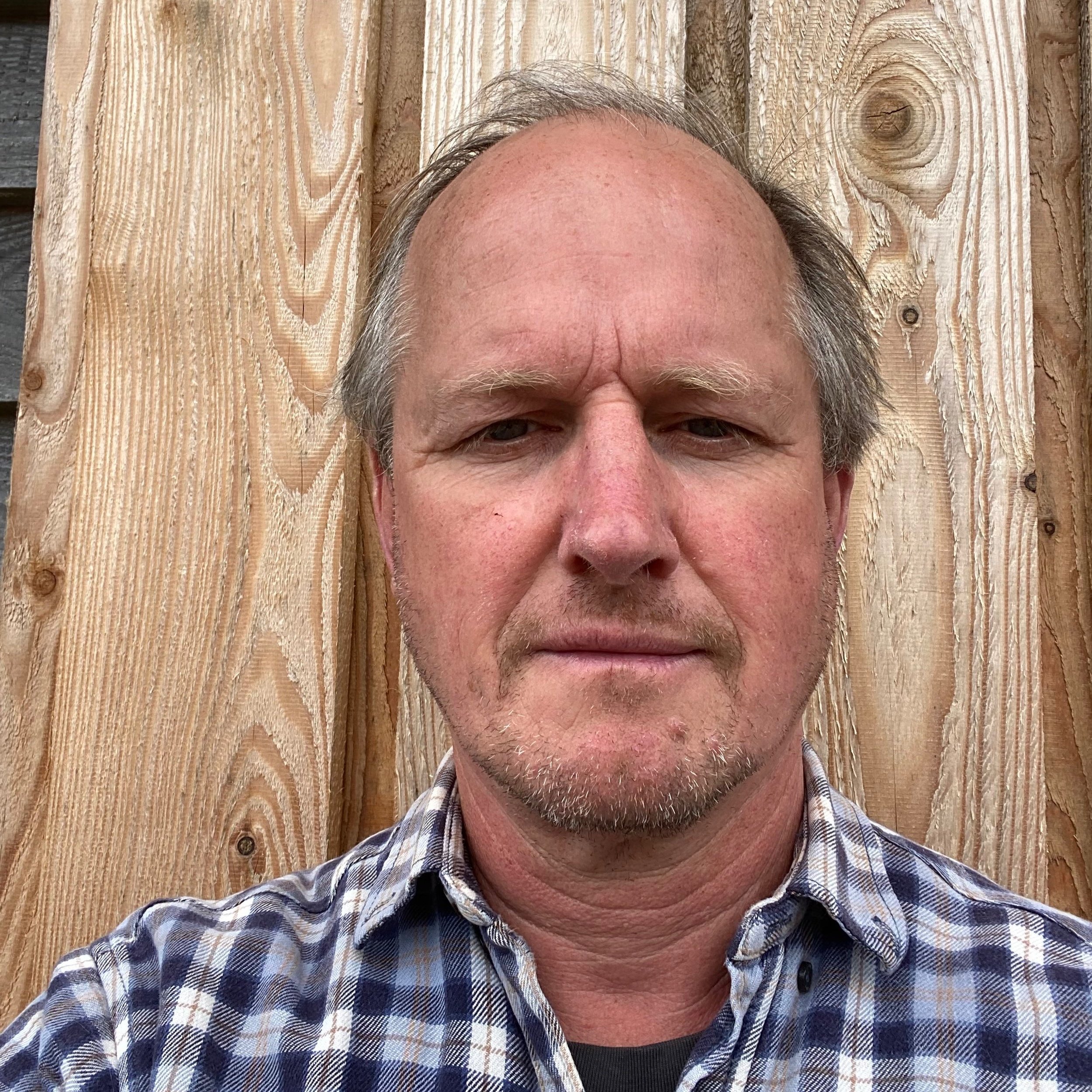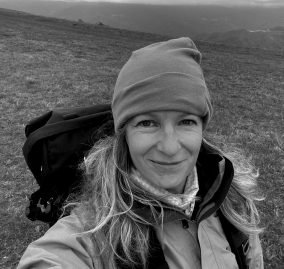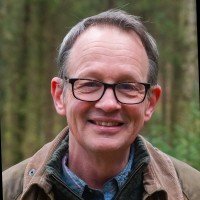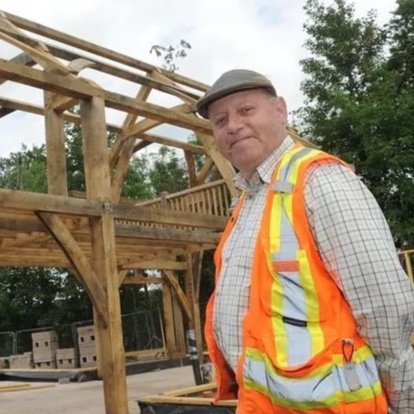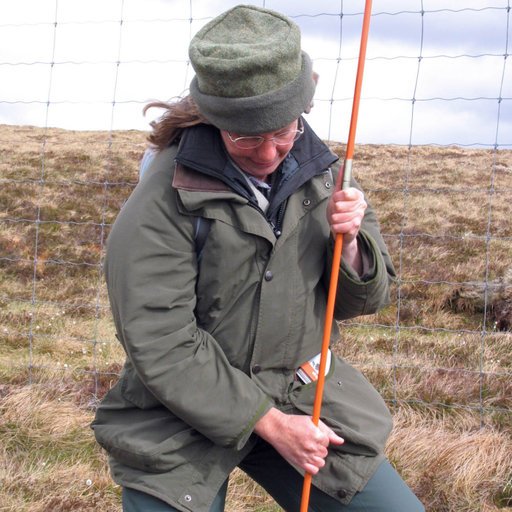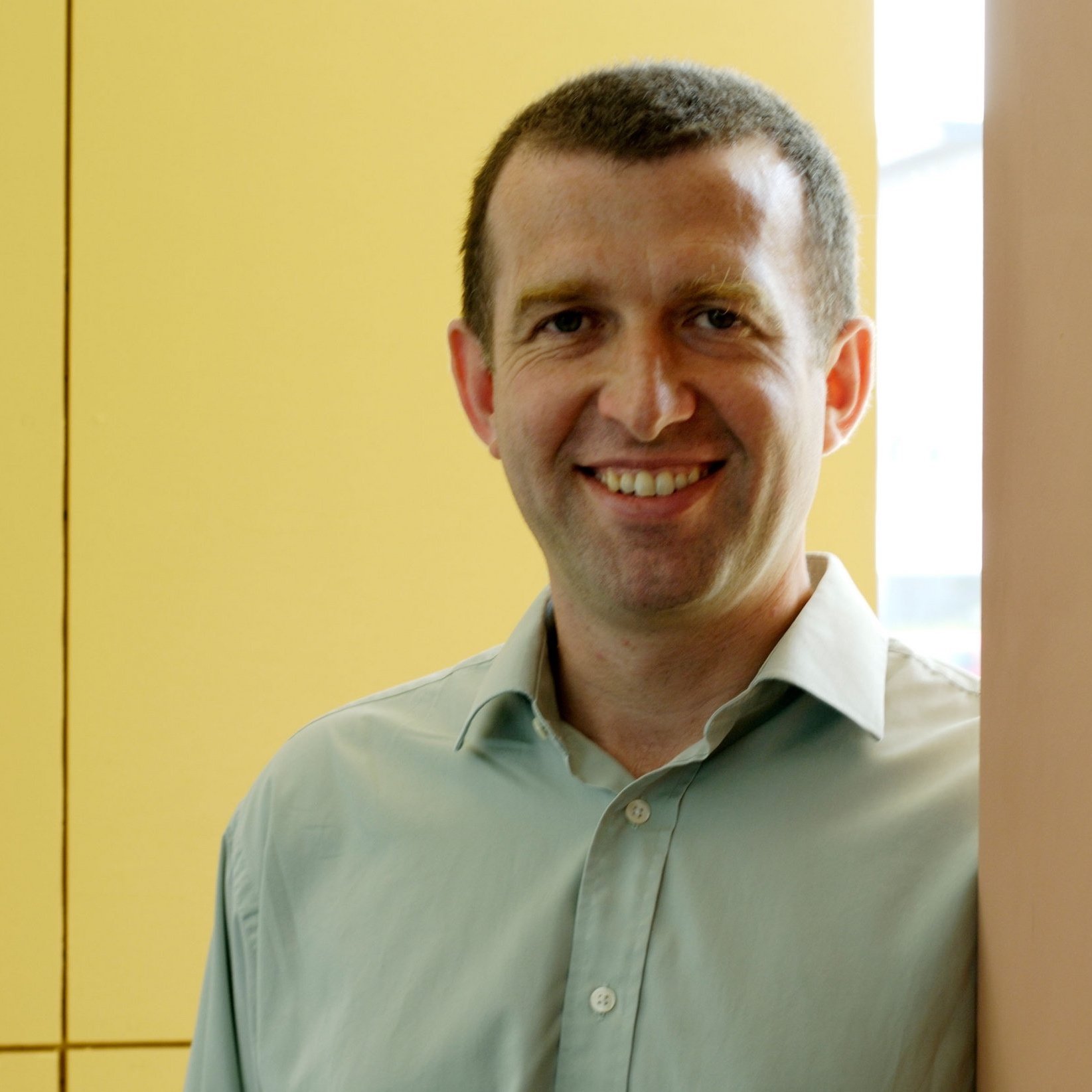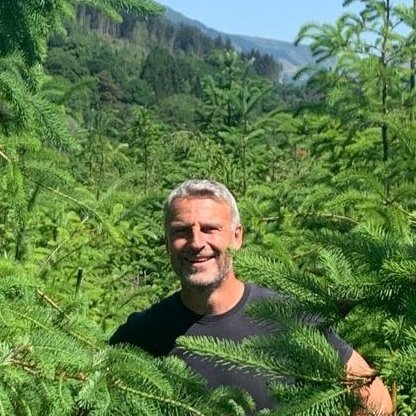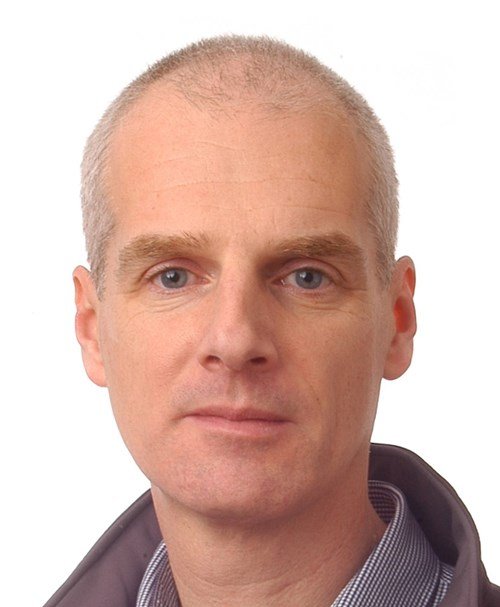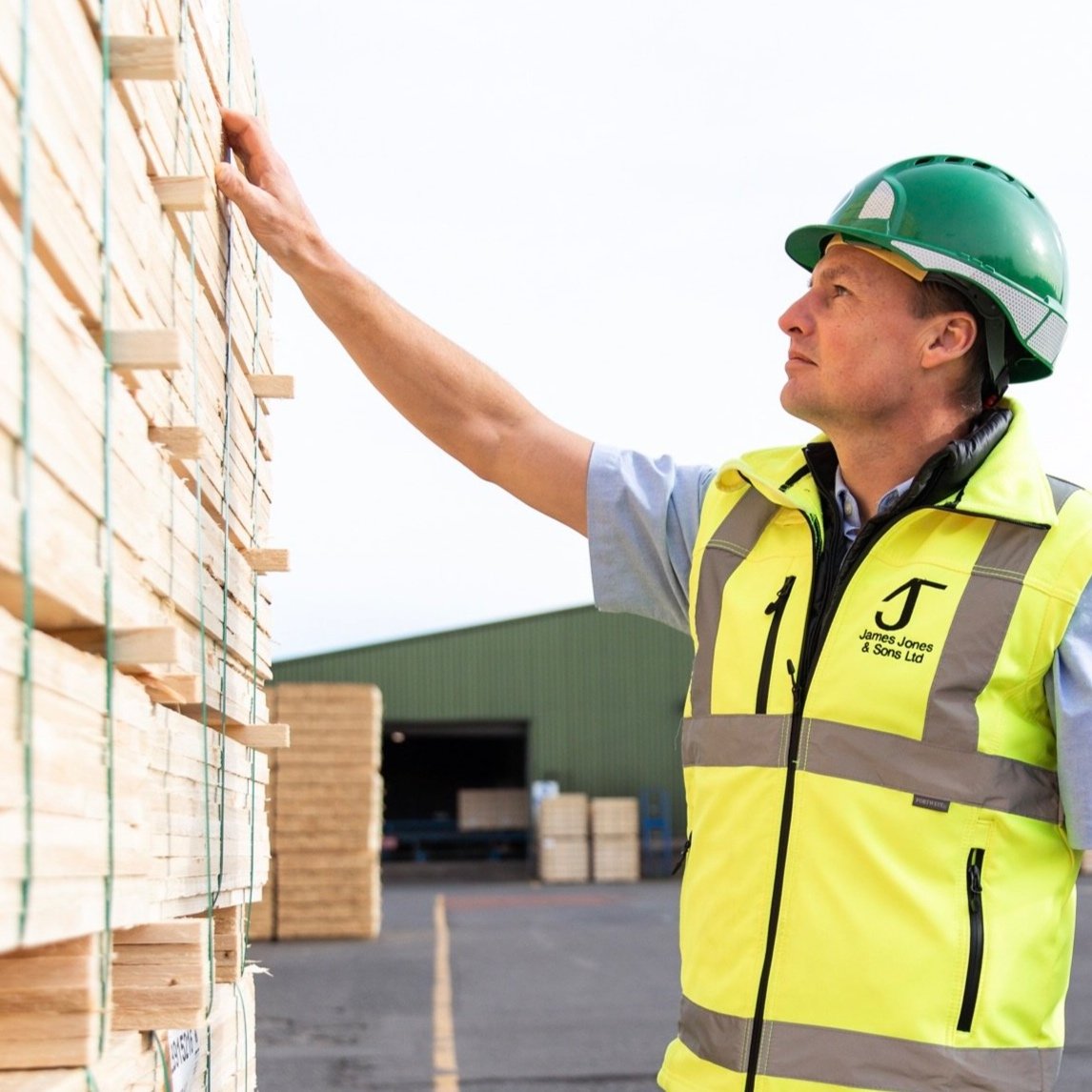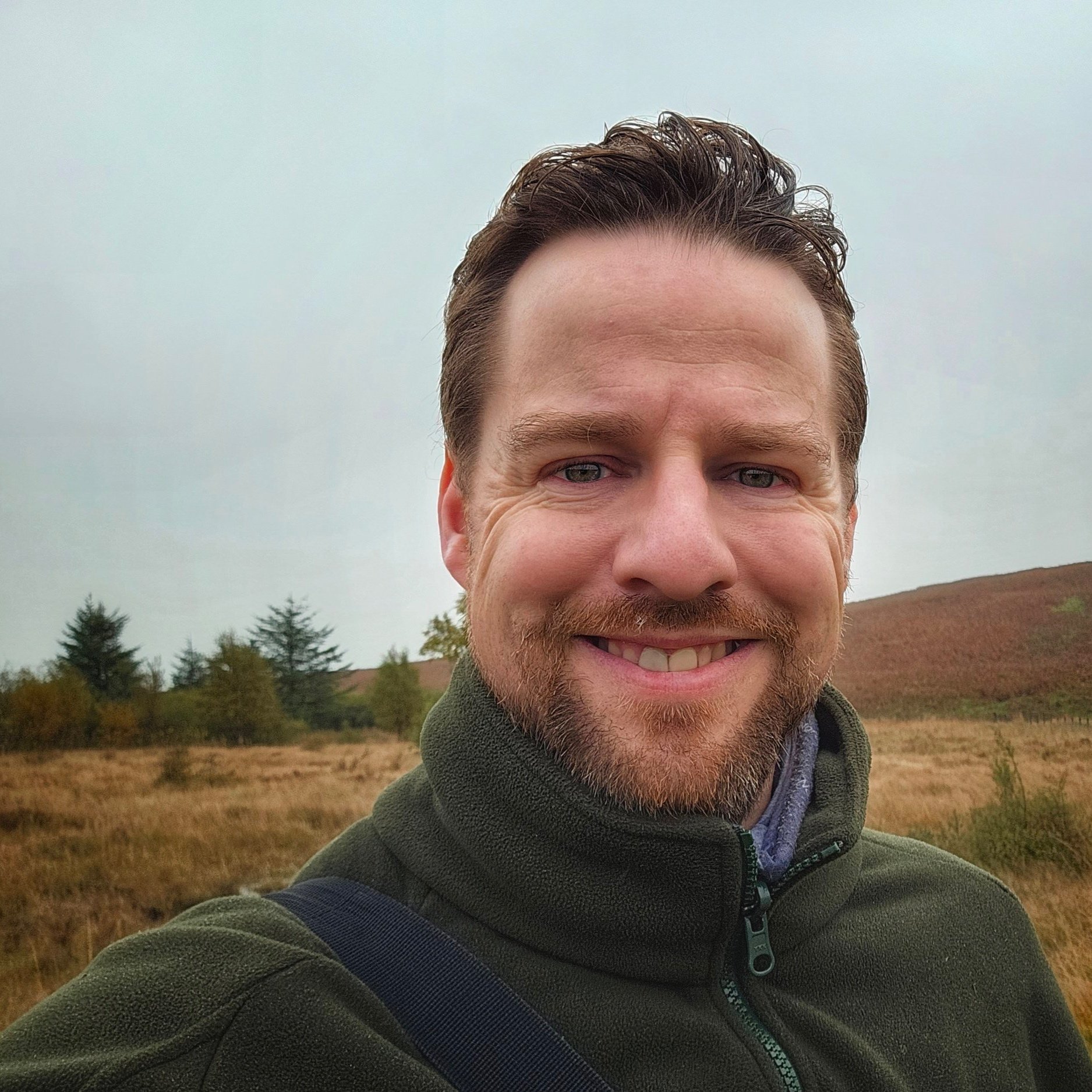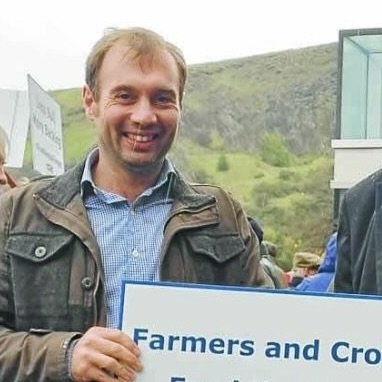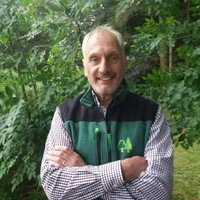Which Trees For Home
Trees, landscape and affordable homes
Friday 22nd March 2024. 10am-4pm
Aims
In “Which Trees For Homes?” we will investigate the long-term effects of land-use decisions on climate change and the timber chain, particularly in relation to affordable homes. This event will involve scientists, landowners, foresters, distributors and housebuilders.
We want to help the community, landowners and managers understand and visualise an alternative and productive ecological landscape that serves the climate and the community, while providing enough timber for local affordable housing. Starting with regional housing needs, we will work backwards through the supply chain to estimate the number and type of trees required and where to grow them. What provision of sawmilling, timber processing and offsite production, all of which would create new types of employment in the area, is required to meet these needs?
Along the way, we will consider the bigger picture of the landscape’s scale, scenic value, recreational needs, health and wellbeing benefits as well as the competing uses of farming and renewable energy. We will discuss agroforestry as a sustainable means of combining farming and forestry.
We will also address the growing need for more intensively-managed, but well-designed forestry to provide a feedstock for Scotland’s future bio-economy, using the “wood cascade” method.
A roundtable discussion involving all stakeholders in the production and supply of timber will look at what needs to change in order to stimulate this sort of local and sustainable timber value chain, providing resilience and housing equity. We intend to identify obstacles and propose solutions to deliver a fair and just transition to net zero in the rural land-use sector. Our key findings will help shape future Scottish Government policy, informing its "Just Transition Plan for Land Use and Agriculture", the "Scottish National Adaptation Plan" as well as wider climate policy.
Dumfries and Galloway was chosen as one of the most heavily wooded areas in the UK with large scale forestry operations – mostly sitka spruce, with some larch, mixed conifers and broadleaf planting that is felled in large coupes – and wind farm development. The remaining open hill ground is predominantly used for sheep grazing. We will explore the potential for alternative forest planting that brings increased biodiversity, carbon storage and other benefits.
SHORT TALKs
Short provocations will be given during the forest tour and the afternoon discussion:
Forest tour – Andrew Macqueen, Macqueen Silviculture
Regenerative forestry including agroforestry – Andrew Barbour, Mains of Fincastle (remote)
Short rotation forestry – Andrew Heald, Forestry consultant
New species of structural timber from a timber science perspective – Marlene Cramer, Edinburgh Napier University
Diversification of tree species needs to be driven by market factors – Andrew Leslie, UH&I
Alternative timber bioproducts – William Clark, Scottish Forestry
Post oil-age homes – Neil Sutherland, Makar
Community benefits and wealth building – Morag Paterson, Communities for Diverse Forestry
Local sawmilling – Rob MacKenna, James Jones
Will we ever see mass timber products/systems produced commercially in Scotland from home-grown timber? – Peter Wilson, Mass Timber Academy
Small-scale timber producers & processors – Archie McConnel, McConnel Wood Products
Programme & date
A one-day event organised by SEDA Land in collaboration with the James Hutton Institute and Scotland's Rural College.
Friday 22nd March 2024
10am – 12pm: Tour of Crofthead, Moffat – Award winning forest by manager Andrew Macqueen.
12:30 – 1:30pm: Lunch, Kirkmichael conference room at the SRUC Barony campus, Dumfries.
1:30– 4pm: Roundtable discussion. Details of panel below.
ARTISTIC INTERLUDES have been especially commissioned for this event. You will be the first to hear traditional fiddler Iain Fraser, and local poet Stuart Paterson, both in the forest and in the conference room.
Iain Fraser Stuart Paterson
There are limited spaces for the forest tour which be allocated on a first come first served basis.
The in person roundtable discussion has limited space and is by invitation only. Anyone can join the discussion online.
Roundtable PANELISTS
This event is being sponsored by the Scottish Government Climate Change Engagement and Participation Programme.







